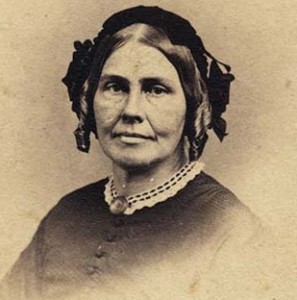 The Recyclemania 2014 tournament is “in the books;” and Kalamazoo College finished first in two categories–the Per Capita Classic, and Bottles and Cans. Recyclemania is the annual friendly competition among 461 universities and colleges in the U.S. and Canada dedicated to promoting waste reduction and recycling on campus.
The Recyclemania 2014 tournament is “in the books;” and Kalamazoo College finished first in two categories–the Per Capita Classic, and Bottles and Cans. Recyclemania is the annual friendly competition among 461 universities and colleges in the U.S. and Canada dedicated to promoting waste reduction and recycling on campus.
Colleges and universities competing in the eight-week competition are ranked according to how much recycling, trash, and food waste they collect. Between the early-February kickoff and the tournament’s final day on March 29, participating schools collectively recycled or composted 89.1 million pounds of recyclables and organic materials, preventing the release of 126,597 metric tons of carbon dioxide equivalent into the atmosphere, which is the same as preventing annual emissions from 24,823 cars. K’s share of that success in greenhouse gas reduction is 139 metric tons of carbon dioxide equivalent, which converts to 27 cars off the road or the energy consumption of 12 households.
Rob Townsend, facilities management, and the coordinator of K’s Recyclemania tournament presence, administered K’s participation this year a little differently than in previous years: “No advertising, promotion, or public relations of any sort,” he said. “I was curious to see how well the College would do in the tournament just going about its daily business.” In other words, to what degree is recycling and waste minimization in our DNA, so to speak. Despite the strong finish, K won’t rest on its laurels. “We have some weaknesses,” says Townsend. “I would love to see us improve our waste minimization struggle,” the number of pounds of waste generated per person. Winner in that category was Valencia Community College (Kissimmee, Fla.), generating a meager 2.87 pounds of waste per person. K finished 134th at 81.8 pounds per person.
At least we are recycling much of that waste. At 48.62 pounds, K took first in the total pounds of recyclables per person (a.k.a. the “Per Capita Classic”). In the bottles and cans category, K led the way with nearly 15 pounds of recycled materials per person.
K did well in other tournament categories. In addition to its first place finishes, it placed in the top 20 in the Grand Champion category, the Paper category, and the Corrugated Cardboard category.








